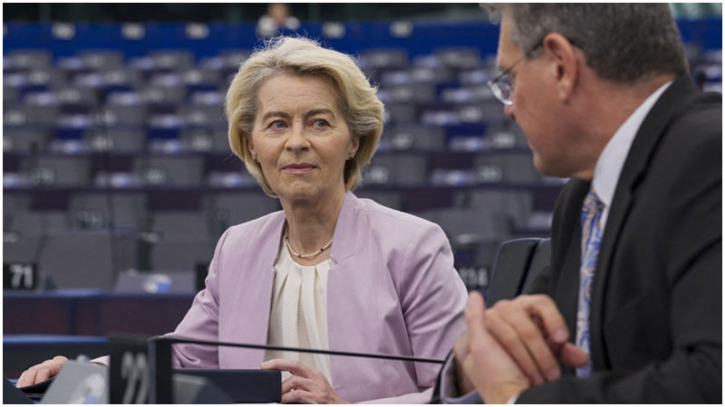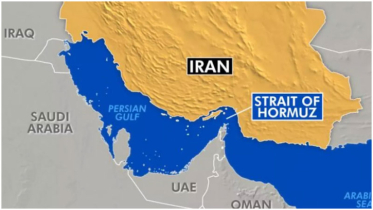EU Chief faces parliament backlash over Trump trade deal

EU Commission President Ursula von der Leyen is set to defend her controversial trade agreement with Donald Trump before the European Parliament on Wednesday, as lawmakers across the political spectrum voice anger over what many see as a capitulation to Washington.
In her annual “State of the Union” address, von der Leyen will push her agenda on defence and competitiveness while urging MEPs to support the deal. But criticism is mounting over the accord, signed in July, which imposes a 15% tariff on most EU exports to the U.S. while leaving out key products such as wine and spirits. In return, Brussels pledged large purchases of U.S. energy, lifted tariffs on American industrial goods, and opened markets to U.S. seafood and farm products.
Opponents in Parliament describe the agreement as lopsided and humiliating. A recent five-country poll found 52% of Europeans consider the deal a “humiliation.” Left-wing MEP Marina Mesure called it “a surrender to a predatory United States,” while Socialist leader Iratxe García Pérez said accepting a bad deal “is totally unacceptable.” Even centrist Renew, von der Leyen’s traditional ally, has yet to commit to backing it.
Her own European People’s Party has acknowledged the deal’s shortcomings but argues it is the best possible outcome given Trump’s tariff-heavy approach. “Obviously, 15% export tariffs to the US doesn’t make us happy,” said EPP leader Manfred Weber, “but it’s what we need for stability.”
The stakes are high: Parliament will soon vote on legislation to lower EU tariffs, a necessary step to implement the agreement. Failure to secure approval would throw the fragile compromise into doubt.
The controversy comes as von der Leyen also seeks to highlight European unity on Ukraine, with member states pledging contributions to a future “reassurance force” after any peace deal with Russia. She is expected to preview new sanctions targeting Moscow’s oil revenues.
But lawmakers are also poised to challenge her over the EU’s silence on Gaza, where divisions among member states — and even within her own Commission — have left the bloc without a clear position.
.png)




